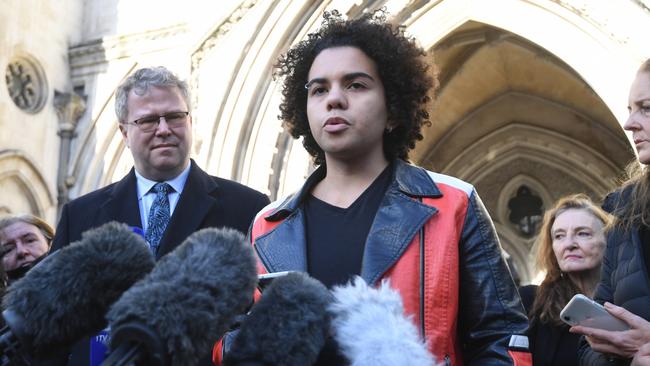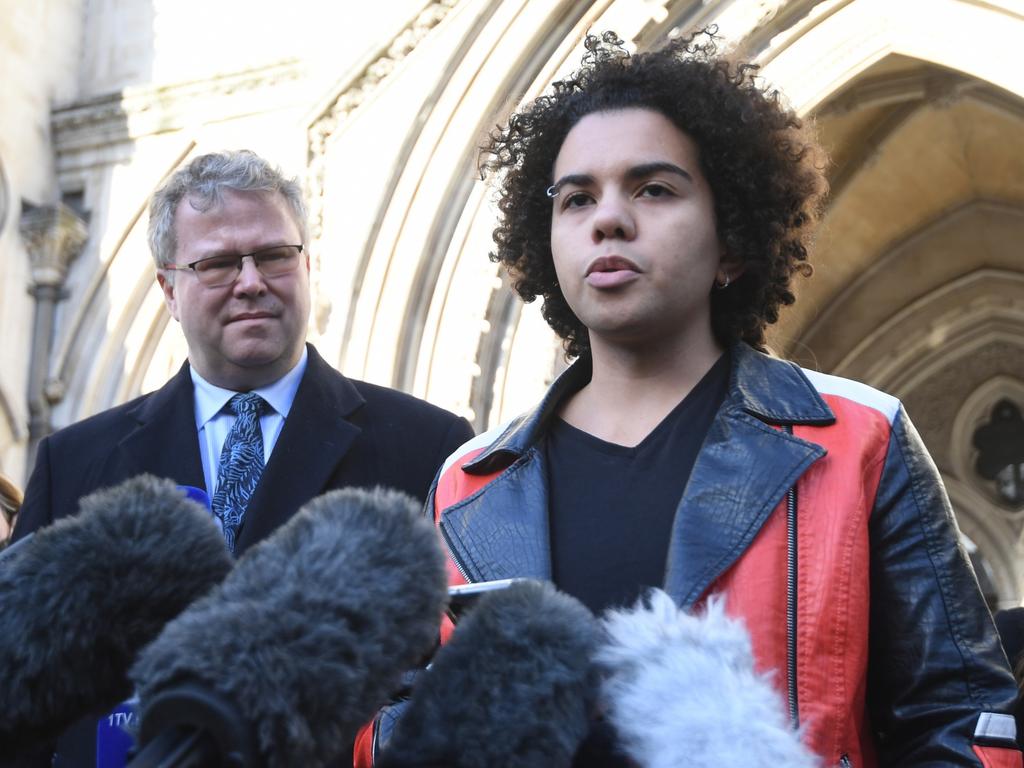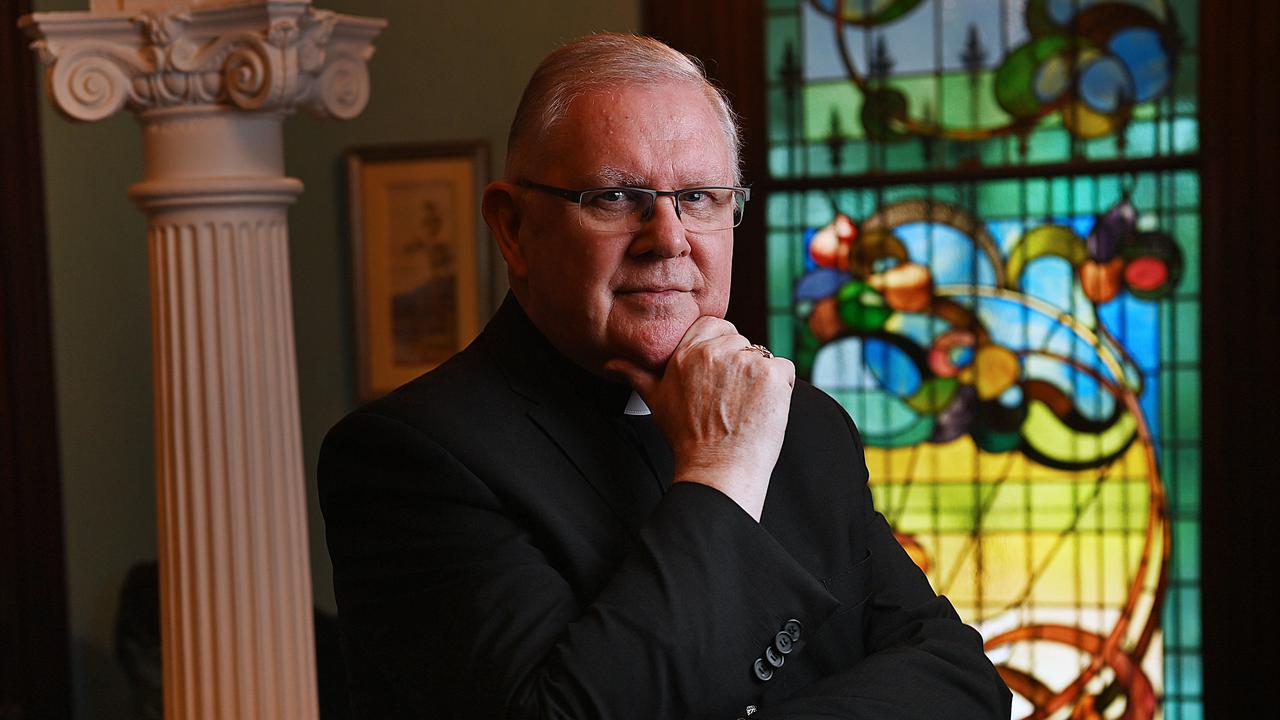
The article was described on Twitter as “appalling”, “transphobic”, “harmful”, even “violent”, The outrage was so intense the editor of The Age apologised for its publication and deleted it from the paper’s website.
Gender dysphoria is a complex condition known to cause severe distress. It is unknown what percentage of children normally suffer from it — reliable statistics are hard to come by. What we do know is that diagnoses of gender dysphoria, and referral rates to clinics that treat it, have exploded in recent years, all over the world.
Sweden’s Board of Health and Welfare has confirmed a 1500 per cent rise between 2008 and 2018 in diagnoses among 13 to 17-year-olds. In Britain referrals reportedly have increased by several hundred per cent and in Australia, demand for gender reassignment services is surging. And there is a pattern: the rapid spike of gender dysphoria diagnosis is mostly happening among girls, not boys.
We’re not supposed to talk about this explosion in diagnosis, though. If one mentions the phrase “social contagion” one is immediately branded a transphobe. If one notices that the rise in diagnosis coincides with the advent of social media one is labelled a bigot. Alternative causes for gender dysphoria other than that a person is simply “born in the wrong body” are not to be entertained in polite society. To suggest other complex social and psychological factors might be at play is to expose oneself as a rube.
The issue is complicated further by the fact the treatment often sought by gender dysphoric children is the administration of puberty blockers (GnRHa), which are not technically approved for this use. These drugs normally are used to treat hormone-sensitive cancers such as prostate cancer and breast cancer, as well as uterine fibroids, and are also used in IVF treatments. Their use in inhibiting puberty in children is known as “off label” usage.
Drug companies cannot guarantee such drugs are safe for children going through puberty because there is no data from randomised controlled trials demonstrating they are.
As readers of The Australian would know, just this month the High Court in Britain ruled that puberty-blocking treatment remains experimental, with the judges indicating that children under 16 would be unlikely to be able to weigh up the long-term consequences of such treatments.
The High Court also recommended that clinicians seek a court order to administer such drugs to children aged 16 or older.
The ruling resulted from a case against the Tavistock Gender Identity Development Service, which had been brought by Keira Bell, who was prescribed puberty blockers by the service at age 16, after three short appointments. Bell proceeded to take cross-sex hormones and underwent a double mastectomy at 20. The court heard that she now regretted transitioning, and she is left with no breasts, facial hair, a deep voice, possible infertility and other unknown side effects.
When children go through puberty, not only do they develop pubic hair, breasts and deep voices, they also develop the strong bones that prevent fractures and osteoporosis in adulthood. Data recently released from the Tavistock service suggests that puberty blockers don’t simply suppress the development of what biologists call secondary sex characteristics, they also suppress the increase in healthy bone density.
Other side effects are not yet known. Puberty is a critical development period that has a cascade of effects on the body, from the reproductive organs and the skeletal system to the brain. From a medical point of view, artificially halting this developmental period is like operating in the dark.
Nevertheless, transgender activists are generally averse to “gatekeeping” when it comes to accessing treatments and advocate for a model of care that allows “clients” who are transgender to “access hormone treatments and surgical interventions without undergoing mental health evaluation or referral from a mental health specialist”. The overwhelming consensus among trans activists is that being trans is an identity, and while the treatments sought are medical, there is an aversion to the transgender identity being “medicalised”. The inherent contradictions are difficult to square legally and ethically — which may be one reason activists are so determined to dominate the conversation.
While many of us may agree that in a free society adults should be able to do as they please with their identities and their bodies, children are another matter entirely. We do not allow children under 18 to consent to tattoos or to vote or to receive a gun licence.
Yet increasingly we are asked to accept that children can consent to interventions that set them on a path to lifelong complex medical needs and infertility. Surprisingly, this position is becoming increasingly fashionable as the “correct” opinion among right-thinking people.
It’s worth remembering that after the horrors of World War II, the Nuremberg Code for human experimentation was written and adopted by medical associations around the world. The code is an extension of the Hippocratic oath and stipulates that for a person to participate in a medical experiment, they must voluntarily consent, must not be subject to the possibility of disabling injury, and the degree of risk must never outweigh the experiment’s humanitarian benefit. As a society, we tend to consider ourselves more advanced and more ethical than one that would conduct risky medical experiments on children.
However, our failure to protect children with gender ambiguity should make us reconsider that conceit.
Claire Lehmann is editor in chief of the Quillette platform for free thought.







Last weekend, an article written by a parent anxious about their teenage daughter’s gender transition triggered a social media storm. The parent had written that her “daughter showed absolutely no sign of being unhappy with her gender until her early teens”, while reflecting that parents today were under enormous pressure to allow their children to undertake medical intervention. That is, to take puberty-suppressing drugs.